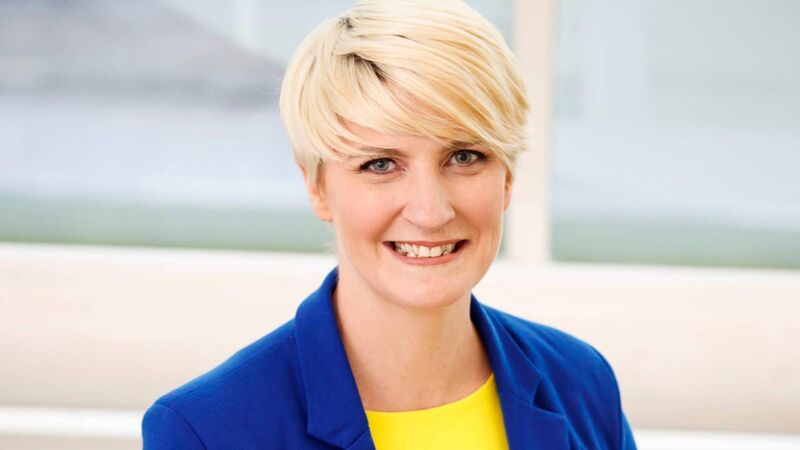Year-long backlog still plagues BreastCheck service

Irish Cancer Society chief executive Averil Power said cancer was easier to treat and there are higher chances of survival when it is picked up earlier.
Women continue to be called one year later than they should be for BreastCheck screening as the impact of the pandemic shutdowns continue, the HSE Board has been warned.
The Irish Cancer Society has called for urgent funding to address this, saying staff cannot catch up with the backlog without extra supports.










